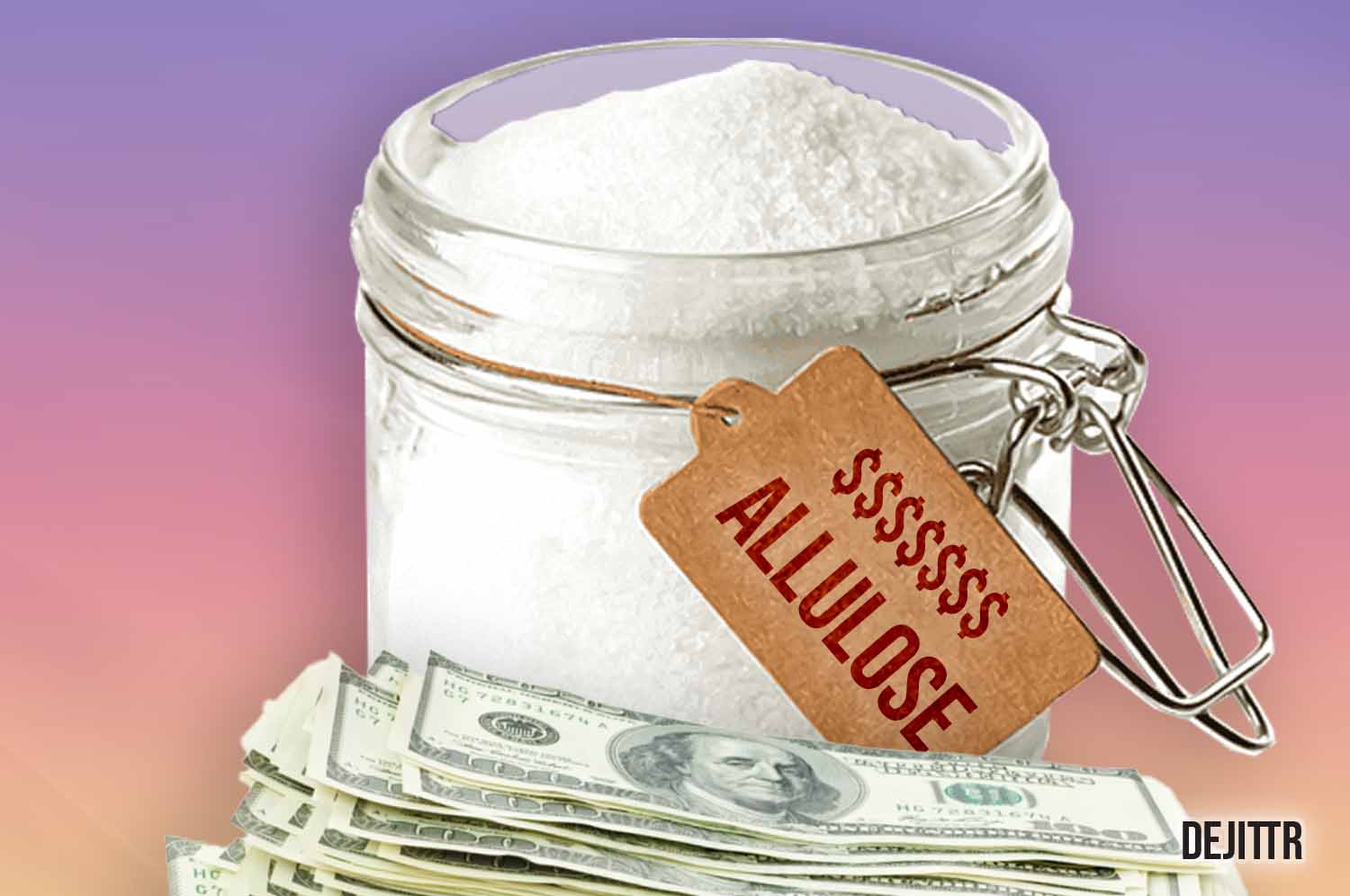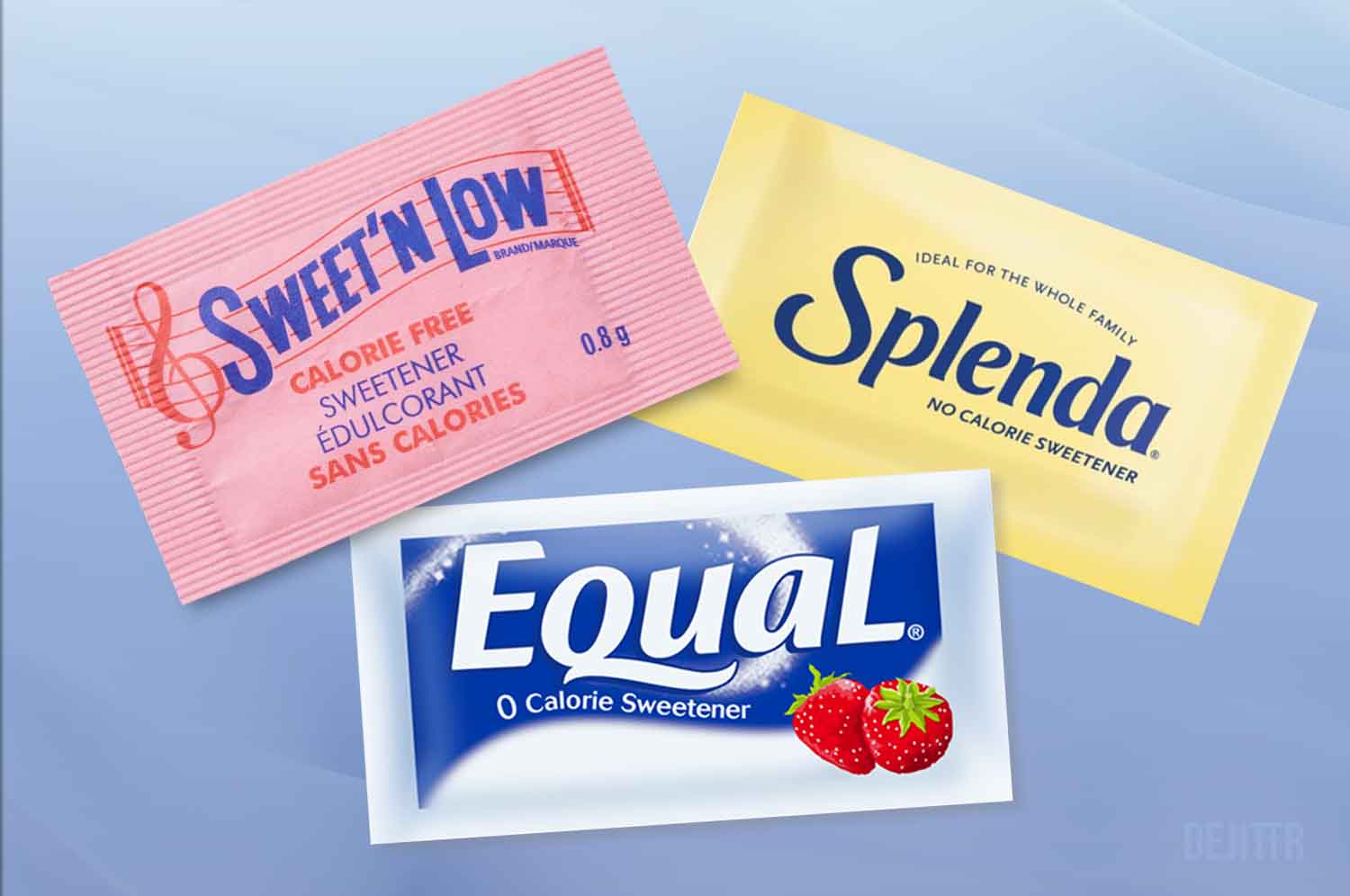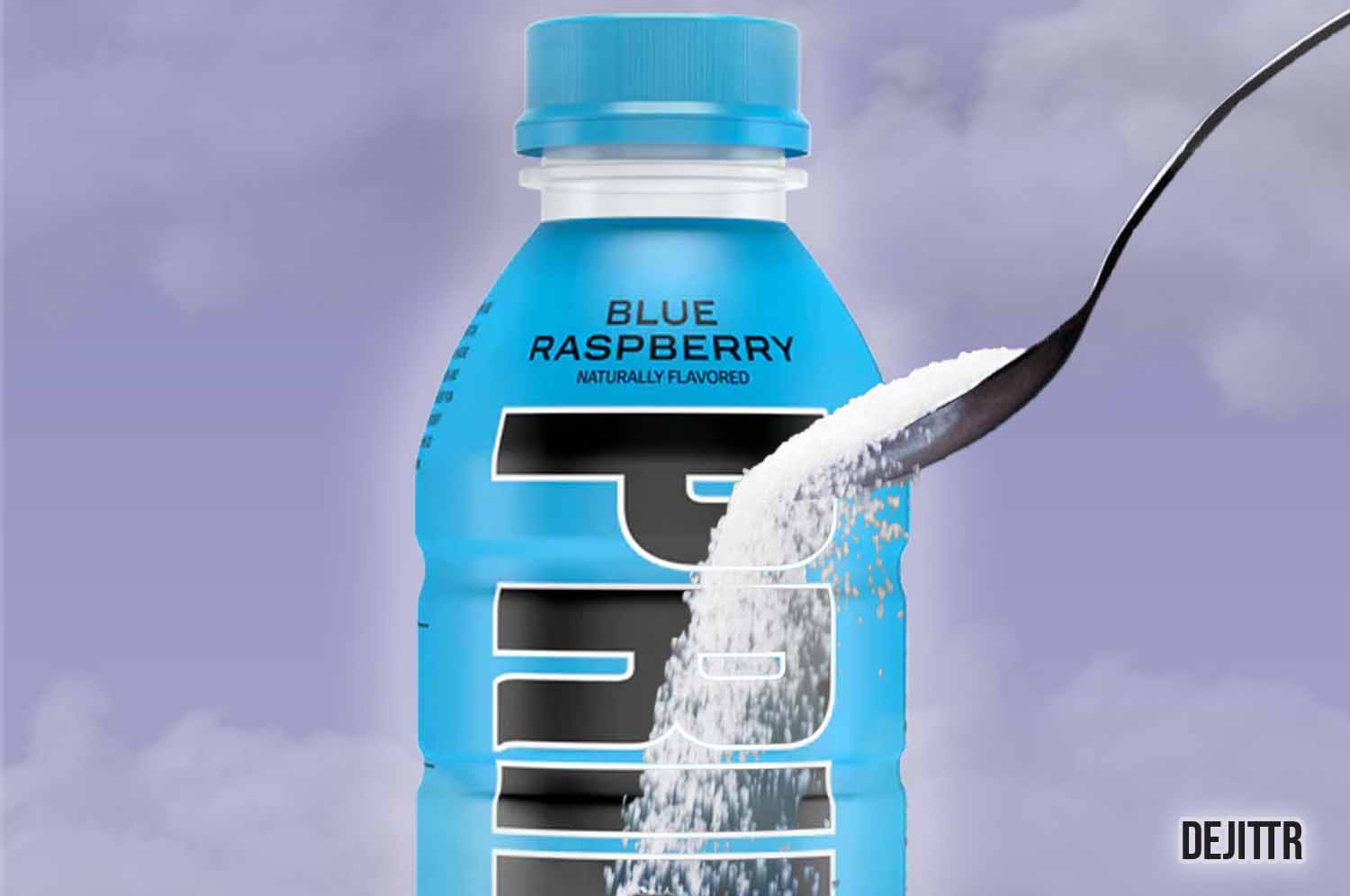Over the past 2 years, I’ve researched and used allulose as my primary food and drink sweetener. Just like many savvy consumers, cost plays a major role when it comes to making any purchase decisions.
I’ve kept an eye out for a price drop in allulose. When I saw the price continue to go up in cost, it made me want to research why the cost of allulose is so much more than other sweeteners.
The main factor that makes allulose 10 – 13 times more expensive than white sugar is the extraction process. Allulose can only be extracted in small quantities, therefore increasing the effort and time it takes, which reflects in the cost of the end product.
In this article I will dive into why allulose costs more than other sweeteners, as well as other important facts.
3 Reasons Why Allulose May Cost You More
1. Extremely Rare Natural Sweetener
Allulose is an extremely rare natural sweetener that can be found in very small quantities in foods such as maple syrup, brown sugar, wheat, and a few others.
The other two food items where you can find allulose in greater amounts are figs and raisins, but even then, the extraction process is still more complex than other sweeteners.
This makes everything from finding, extracting, and manufacturing a whole lot harder therefore allulose has a more expensive price point compared to its natural sweetener counterparts.
2. Difficult To Extract
Finding allulose doesn’t only mean extracting the allulose. It also includes producing and harvesting the fruit that contains the allulose.
This adds an extra layer of complexity because not only do you have to make sure you can extract the allulose, but also source or grow the fruit which it comes from. And to top it off, extracting allulose isn’t quite easy.
However, scientists have recently made a giant breakthrough that may propel allulose into the mainstream market and make it the #1 choice of natural sweeteners.
3. Not a Mainstream Sweetener
Allulose is not being widely adopted like some of its sweetener counterparts. This makes it a lot harder to sell because customers are not familiar with it.
This requires major marketing dollars to create customer awareness. And as a company, if a product is unpopular, not only does this make it harder to sell greater quantities, but it also makes it harder to price lower because of the tight profit margins.
The only logical thing to do is to lower manufacturing/extracting costs which is already quite hard, as mentioned before, or higher the price to keep a sustainable business.
Average Allulose Pricing Point vs. Other Sweeteners
Natural and artificial sweeteners have been part of the human diet dating back to when Remsen and Fahlberg first used Saccharin as an artificial sweetener in 1879.
Fast forward to now, people have discovered many natural sweeteners, including stevia, dates, monk fruit, maple syrup, molasses, and allulose. Depending on the complexity of producing the sweet-tasting substance, this can determine the cost of the end product.
Check out this recent article where we do a full analysis on monk fruit vs. allulose, taste, price, and more.
| Product: | Source | Price |
| Allulose | Natural | $7.91/100 g |
| Stevia | Natural | $3.89/100 g |
| Monk Fruit | Natural | $0.83/Ounce |
| Aspartame | Synthetic | $3.70/100 g |
| Sucralose | Synthetic | $3.54/100 g |
| White Sugar | Natural | $0.63/100 g |
| Neotame | Synthetic | $3.30/100 g |
Will The Cost of Allulose Come Down?
Over the past few years, the production of allulose has picked up steam. Like with anything that increases in demand, the cost goes down (sometimes). You may see an initial spike in price from the seller that wants to capitalize on the growing trend.
But as demand goes up, production will follow, and in theory, cost should come down. All the producers that invested in the technology may reduce their costs as new producers step into the market. They will need to reduce their cost to stay competitive.
Ways the cost of allulose will be reduced.
- Producers find more inexpensive sources and methods to produce allulose.
- Cost reduction in the technology used to extract allulose.
- Allulose becomes mainstream and widely adopted.
All Eyes on Allulose: What’s All the Hype About?
If you didn’t know by now, allulose has several amazing properties, which make it the holy grail of natural sweeteners. It does not affect insulin like other natural sweeteners, and It has a similar taste and texture to sugar. Also, it is around 30% less sweet in taste than typical white sugar.
I know this sounds pretty amazing, but before you run out and buy a bag of allulose, here are a few of the drawbacks. Allulose is not utilized by your body in any meaningful way. Which could be a pro or con depending on how you look at it. One pro would be if you had a severe sweet tooth or diabetes, you can consume allulose without the impact of insulin fluctuations.
But once again, because gut enzymes cannot break down allulose, it can cause bloating and gas pain in some people.
With that said, the FDA has approved the sale of allulose in granular form and in baked goods. However, allulose is still pending approval in Canada.
What Is Allulose?
Allulose is a very rare natural sugar found in very small quantities in plant form such as maple syrup, brown sugar, and wheat. The only two examples of food where it contains greater quantities of allulose are figs and raisins.
Allulose is around 70% as sweet as sugar which makes it a great natural alternative if you are someone who needs natural alternatives and has a light sweet tooth. And better yet, Allulose has 90% fewer calories than sucrose (basic sugar) and essentially makes it calorie-free.
Since allulose is quite rare, it’s not a popular sweetener and is usually combined with other sweeteners to make up for the missing sweet taste. However, researchers have recently found ways to produce allulose on a larger scale, making it a promising affordable sweetener in the future.
What Is Allulose used for?
Allulose is most commonly used regularly by people who want to reduce their sugar intake and calorie intake overall.
Allulose is also utilized to create baked products, frozen desserts, and beverages. And because allulose has an extremely low sugar content, people who are on a ketogenic diet or “keto” have started to incorporate allulose more into their diet.
This is because keto diets contain very little carbohydrate and allulose fits that description because it is calorie-free. Additionally, allulose has no impact on your insulin or blood sugar levels. For those suffering from illnesses like diabetes, this makes allulose an excellent alternative.
Who Shouldn’t Eat Allulose?
Avoid using allulose if you are allergic to any artificial or natural sweetener. But these sweeteners don’t cause many allergies.
Experts are currently researching the effects of prolonged usage of artificial or substitute sweeteners on people. However, if you don’t have any allergies to sugar or any sweeteners, then you should be ok to consume allulose.
What Are Some Low-Costs Alternatives to Allulose?
It’s safe to conclude that allulose is quite expensive and is not for everyone. Maybe you just want to satisfy your sweet tooth but not have to break the bank.
The following options will talk about great alternatives, and their benefits and drawbacks.
#1. Stevia (Natural)
· A non-nutritive sweetener is stevia. As a result, it has fewer calories. This feature can be intriguing to you if you’re attempting to reduce weight.
· May help keep your blood sugar levels in check if you have diabetes.
· In one 2010 study, Stevia dramatically reduced insulin and glucose levels in 19 healthy, lean people and 12 obese participants, according to the research.
· Additionally, a 2009 research found that stevia leaf powder may assist in lowering cholesterol. Over the course of a month, study participants ingested 20 milliliters of stevia extract every day.
According to the study, stevia reduced triglycerides, LDL (“bad”) cholesterol, and total cholesterol without causing any significant side effects. Additionally, HDL (“good”) cholesterol was raised. It’s uncertain if sometimes consuming less stevia would have the same effect.
#2. Sucralose (synthetic)
· Sucralose, unlike many other common sweeteners, is 400–700 times sweeter than sugar and doesn’t leave an unpleasant aftertaste.
· According to reports, sucralose has negligible to no influence on insulin and blood sugar levels.
· Sucralose has no effect on your weight.
#3. Aspartame (synthetic)
· The most widely used NNS or non-nutritive sweetener on the market is aspartame. Making it easy to purchase due to its availability and popularity.
· 200 times sweeter than sugar, roughly. This means that just a very tiny amount is required to add sweetness to meals and beverages.
· The fact that aspartame has not been clearly connected to any negative side effects is noted by several health-related organizations making it safe to consume by FDA standards.
Misconceptions and Frequently Asked Questions (FAQs)
Allulose has been deemed generally recognized as safe (GRAS) food by the U.S. Food and Drug Administration (FDA), however, it has not yet received Canadian Health Food and Drug Regulations approval. And has not been proven to be associated with any negative side effects
Although certain fruits contain modest levels of allulose, a naturally occurring sweetener, enzymes have been utilized by producers recently to transform allulose from the fructose found in plants like corn and other plants.
Customers may feel and taste that it has texture and performance characteristics that are comparable to sugar.












